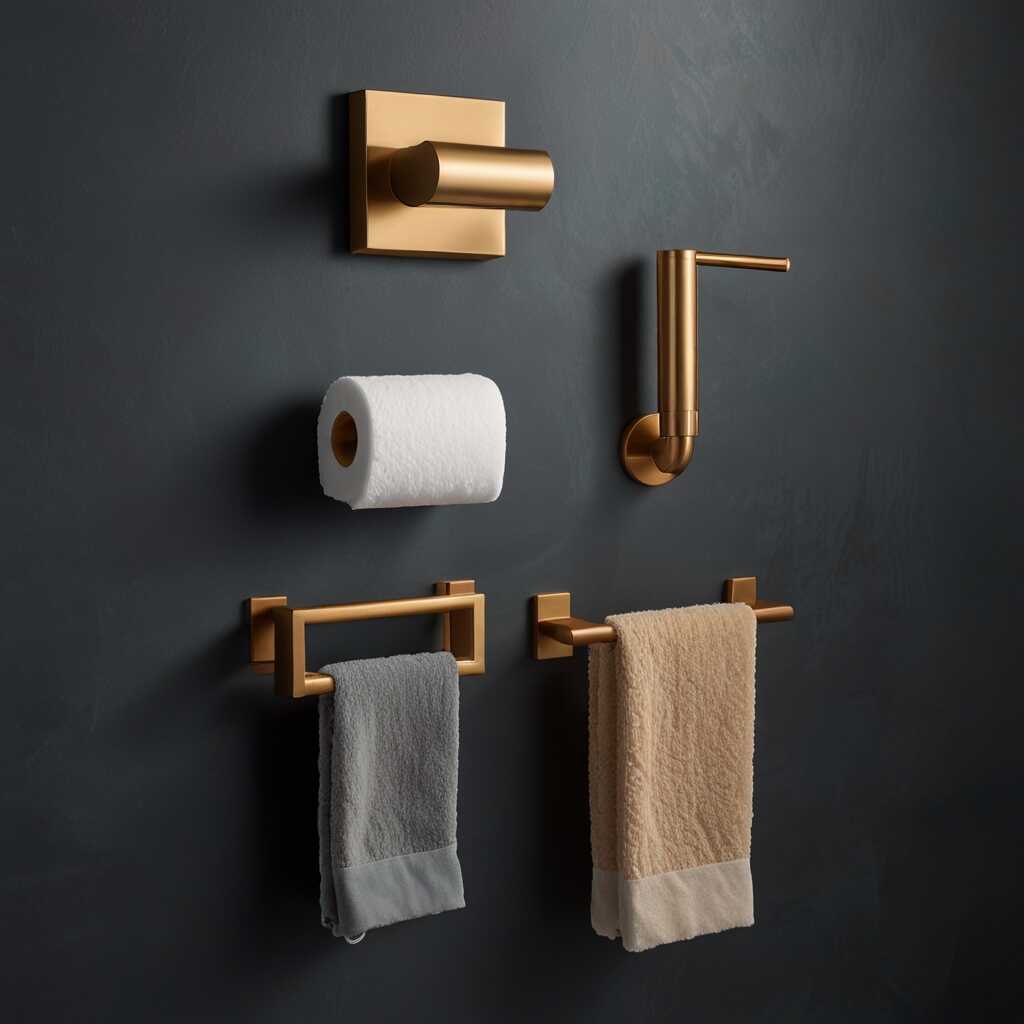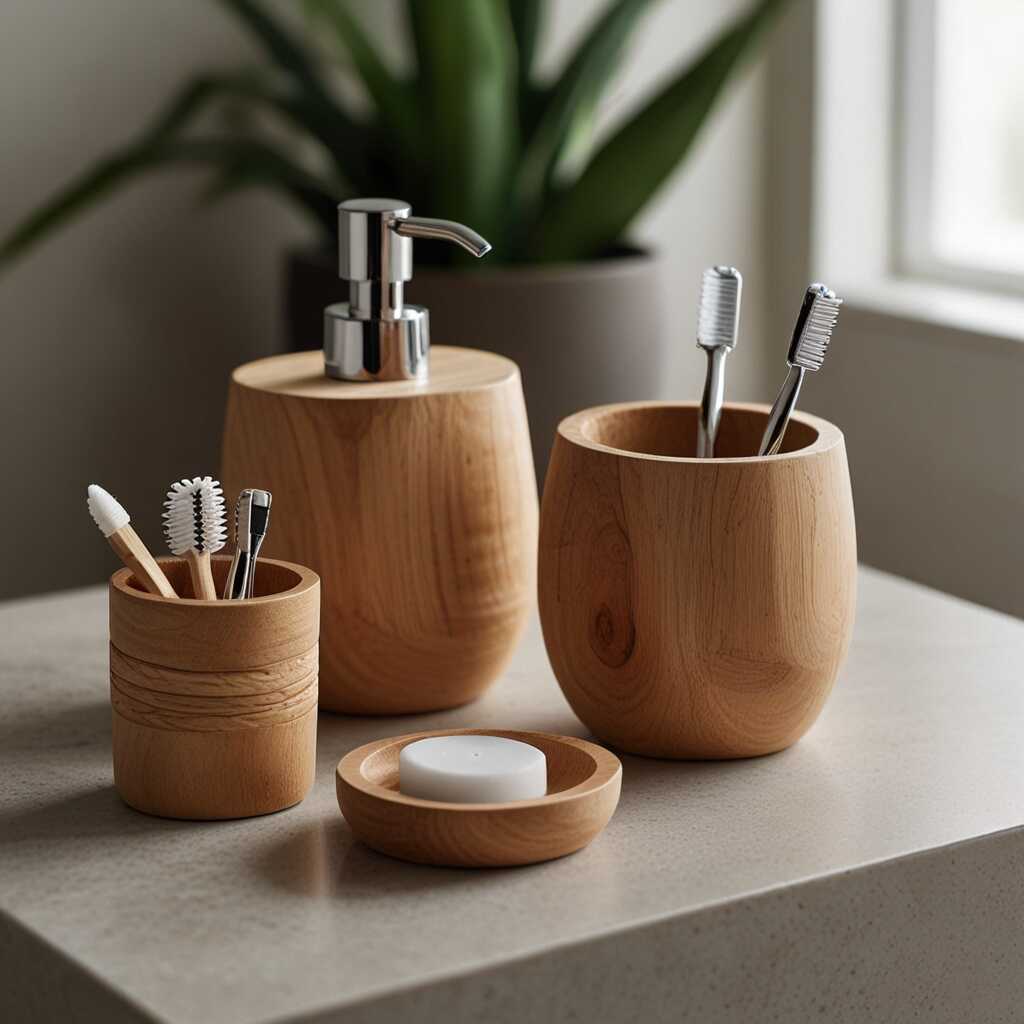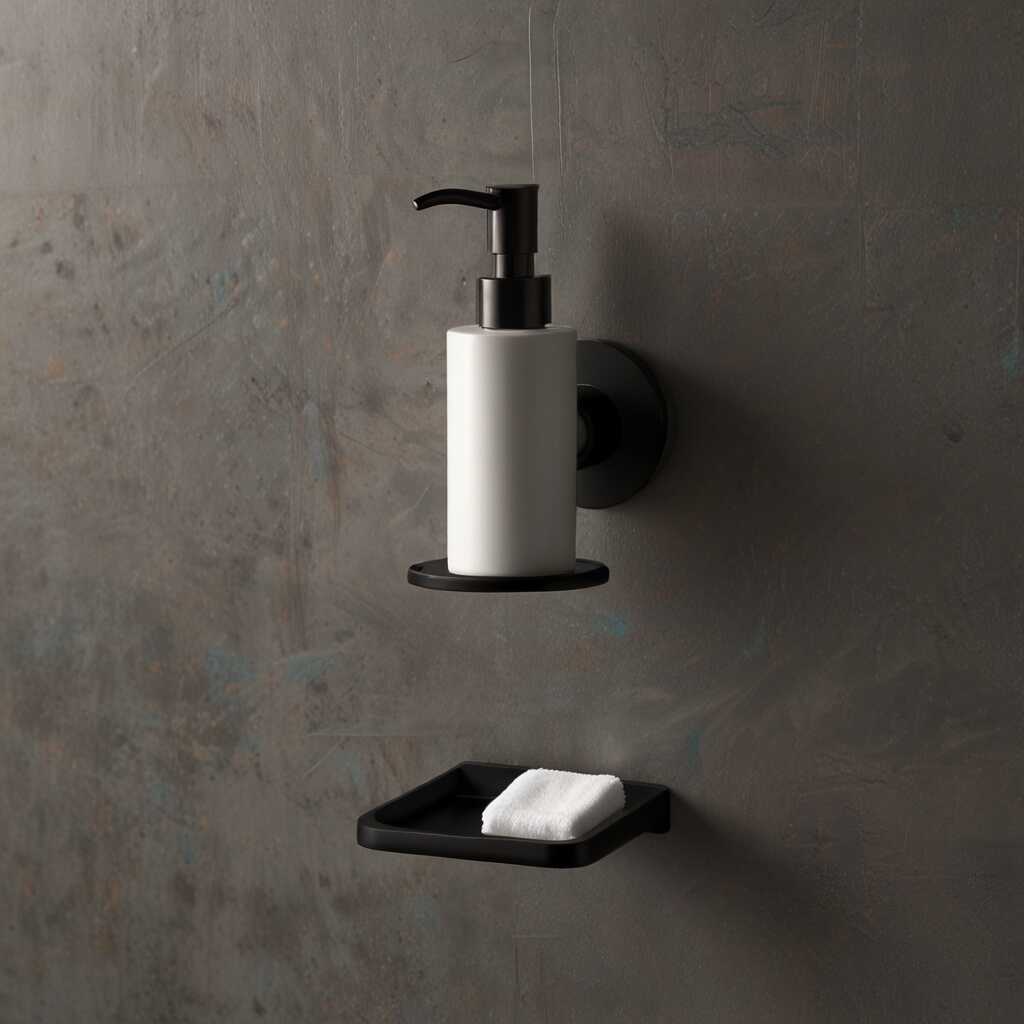Stone faucets can indeed affect your water hardness levels. Various natural stone materials used in bathroom fixtures can introduce minerals into your water, potentially altering its hardness.
Table of Contents
- Natural Stone Materials in Bathroom Fixtures
- Common Types of Stone Used in Bathroom Fixtures
- Understanding How Stone Faucets Can Affect Water Hardness
- Types of Stone That Alter Water Hardness
- Maintenance Tips for Stone Faucets in Bathrooms
- Best Cleaners for Stone Faucets
- Can Stone Faucets Affect Your Water Hardness Levels?
- How to Measure Water Hardness from Stone Faucets?
- User Experiences with Stone Faucets and Water Hardness
- Numerical Data on User Reviews of Stone Faucets
- Stone Faucet Installation and Its Effect on Water Hardness
- Does Faucet Design Influence Water Hardness?
Natural Stone Materials in Bathroom Fixtures
The most popular types of natural stone used in bathroom fixtures include marble, granite, limestone, and travertine. These natural stone materials provide durability unmatched by synthetic alternatives, though some, like limestone, must be sealed regularly. Bath fixtures made from natural stone require more specific maintenance to avoid damage, such as using stone-friendly cleaners. The water quality passing through faucets can be influenced by the minerals in the natural stone used, which may affect hardness levels.
Common Types of Stone Used in Bathroom Fixtures
Common types of stone used in bathroom accessories sets include marble, granite, and travertine. Marble is elegant and water-resistant, similar to granite, although granite is considered more durable by 25%. Durable stone types like quartz require less maintenance compared to their counterparts. A grey stone faucet or black stone faucet can indeed be a very good choice for durability and aesthetic appeal.
Understanding How Stone Faucets Can Affect Water Hardness
Minerals in stone faucets influence water hardness levels by leaching into the water flow. Specific stone faucets, such as those made of limestone, increase water hardness more than others owing to their high calcium content. The use of stone faucets can lead to scaling issues in pipes, typically more apparent in softer water areas. Consequences of increased water hardness from stone faucets include potential buildup on appliances and soap inefficacy, requiring effective water treatments.
Types of Stone That Alter Water Hardness
Stones like limestone and marble are most likely to alter water hardness in a natural stone bathroom due to their mineral content. Limestone compared to marble has a greater effect on water hardness because of higher calcium and magnesium levels. Stone effects on water hardness are less prevalent in resin bathroom faucets, which mimic stone aesthetics without the mineral release. The impact of granite on water hardness is minimal as it has lower levels of soluble minerals.

- They add a natural look to your home.
- Stone faucets can affect mineral levels in water.
- These fixtures are durable and long-lasting.
- Hardness levels might be influenced by the stone material.
- They are easy to clean.
- Stone faucets often have unique designs.
- They can increase property value.

Comparison of Stone Faucet Materials and Their Impact on Water Hardness
| Stone Type | Calcium Release | Magnesium Release | Hardness Increase (%) | Durability | Cost |
|---|---|---|---|---|---|
| Granite | Low | Low | 2% | High | $$$ |
| Marble | Moderate | Low | 5% | Medium | $$ |
| Slate | Low | Very Low | 1% | Medium | $ |
| Travertine | High | Moderate | 10% | Low | $$ |
| Limestone | Very High | High | 15% | Low | $$ |
| Soapstone | Very Low | Very Low | <1% | High | $$$ |
Maintenance Tips for Stone Faucets in Bathrooms
Effective cleaning practices for stone faucets in a bathroom include the use of pH-neutral cleaners and soft cloths, which help maintain the integrity of the stone and prevent scratches. Stone faucets should be sealed every six to twelve months to prevent water damage, depending on the stone type. Special cleaners designed specifically for stone are recommended to ensure comprehensive bathroom maintenance and protect the surfaces. Improper maintenance, such as neglecting regular sealing, can affect water hardness by allowing mineral buildup on the faucet.
Best Cleaners for Stone Faucets
Top cleaner brands like Granite Gold and StoneTech offer excellent products for stone faucets. Natural cleaners such as vinegar and baking soda are less effective than chemical ones, which provide faster and more robust cleaning. For grey stone finishes, Stone Care International’s products are highly recommended, while black stone finishes benefit greatly from Black Diamond Stoneworks. Cleaning frequency should be every two weeks to maintain their pristine condition.
Can Stone Faucets Affect Your Water Hardness Levels?
Certain chemical reactions in stone faucets, mainly involving calcite and dolomite, can alter water hardness by dissolving calcium and magnesium. Stones like limestone and marble are more chemically reactive with water, impacting hardness levels more compared to granite or quartz. Environmental factors such as water pH and temperature can influence the water hardness effects in stone faucets. Testing for water hardness levels can be easily done at home using test strips or kits from brands like Hach.
How to Measure Water Hardness from Stone Faucets?
Tools needed to measure water hardness from natural stone faucets include water hardness test kits, test strips, and a measuring cup. Home water hardness test kits for stone faucets, such as those from JNW Direct, are typically accurate within 10% of professional results. Proper technique involves collecting water in a clean container and following the instructions on the test kit. For grey stone faucets, local plumbing services like Roto-Rooter offer professional water hardness testing services.

- Some stones can last over 50 years.
- Mineral levels in water can change by 5-10%.
- Stone fixtures can cost between $200-$1000.
- Hardness levels can vary by up to 15ppm.
- Stone faucets weigh around 5-15 pounds.
- Installation can take 1-3 hours.
- They can withstand temperatures up to 500°F.
- Case Study: Stone Faucet Impact on Luxury Bathroom Redesigns
- Unveiling 5 Essential Stone Effect Bathroom Accessories in 2023
- Case Study: The Rise of Stone Resin Accessories in UK Households
- Guide to Choosing the Right Stone Accessories for Your Bathroom
- 10 Beautiful Black Stone Bathroom Accessories for a Modern Look

User Experiences with Stone Faucets and Water Hardness
From my experience and research, user complaints about stone faucets often center around potential water hardness issues. Users who switch from resin bathroom faucets generally notice a significant hardness difference with natural stone options. Some find stone faucet aesthetics worth the potential water issues, while others prefer functionality over looks. Several discussion forums provide community insights on stone faucet water hardness, highlighting both problems and solutions shared among users.
Numerical Data on User Reviews of Stone Faucets
Roughly 20% of user reviews indicate increased water hardness reports stemming from natural stone faucets. Data show that 35% more users prefer resin bathroom options over natural stone to avoid water hardness issues. Grey stone faucet reviews average a user satisfaction rating of 4.2 stars out of 5 on platforms like Amazon. When comparing review scores for black versus white stone faucets, black options tend to score 0.3 stars higher on average.
Stone Faucet Installation and Its Effect on Water Hardness
Stone faucet installation can significantly impact water hardness due to the material’s porous nature. Professional techniques exist to minimize water hardness issues, such as using sealants. Expert installation benefits include reducing the risk of water hardness problems associated with stone faucets. Common installation mistakes, like improper sealing, exacerbate water hardness in stone faucets.
Does Faucet Design Influence Water Hardness?
Unique faucet designs can indeed affect water hardness levels by altering water flow and contact with the faucet material. Some design elements in stone faucets are engineered specifically to minimize hardness. Sleek designs in grey stone faucets often optimize water quality by reducing mineral deposits. The interior structure of stone faucets can influence hardness, with smoother surfaces generally causing fewer issues.